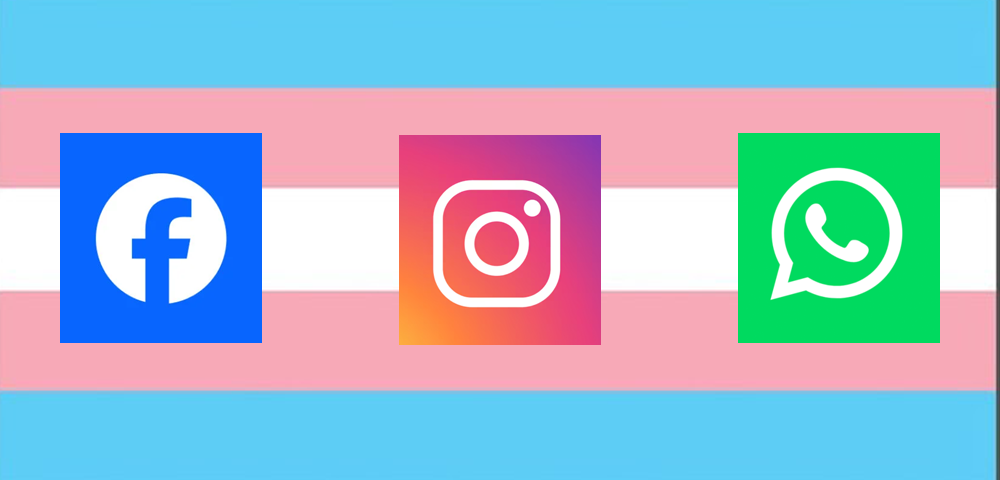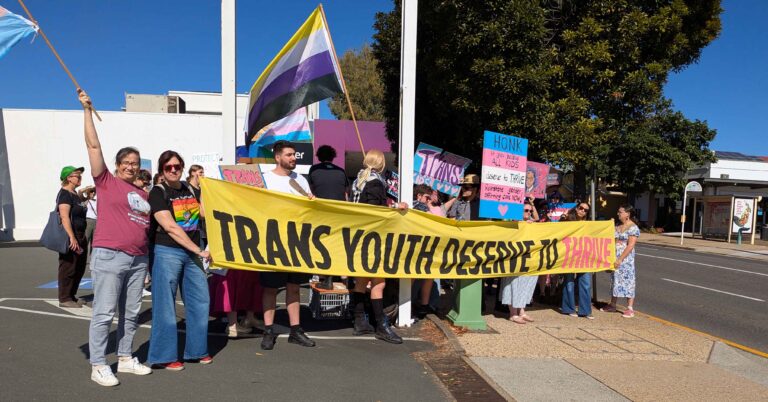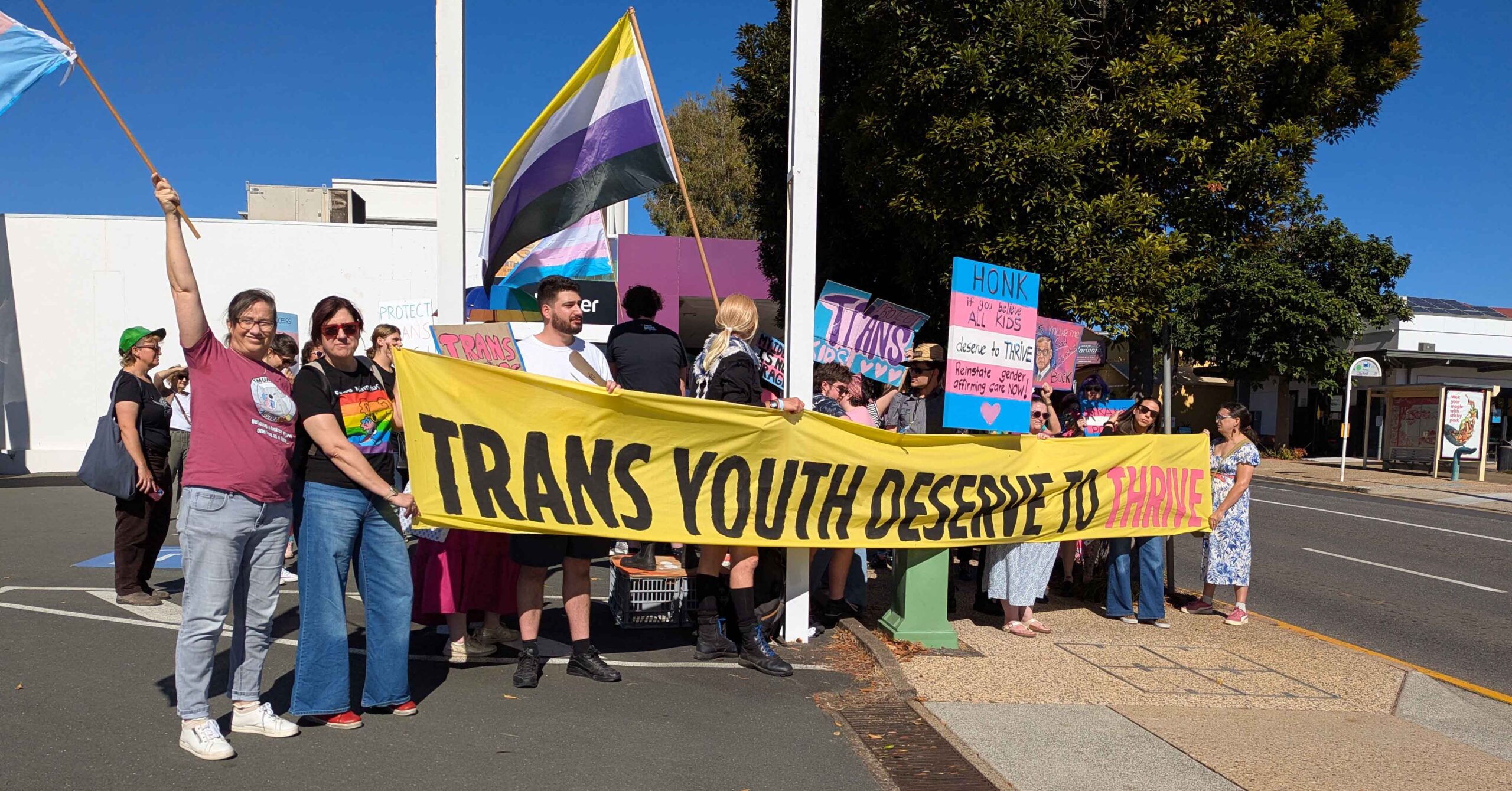
GLAAD Report Reveals Meta’s Failures in Combatting Anti-Trans Hate

A recent report by GLAAD has shed light on Meta’s struggles to effectively moderate and curb the spread of extreme anti-trans hate across its platforms, including Facebook, Instagram, WhatsApp, and Threads.
Despite transphobia being explicitly banned under Meta’s hateful-content policies, the report reveals a concerning trend of inaction and inadequacy in addressing this issue.
GLAAD reports damaging content is being content left unchecked
Published on Wednesday, the GLAAD report highlights numerous instances where posts containing transphobic slurs, “groomer” claims, and the promotion of conversion therapy were left unchecked on Meta’s platforms.
Which is particularly alarming given the significant reach and influence these platforms have in shaping public discourse.
Last June, more than 250 celebrities, including Elliot Page and Laverne Cox, penned an open letter urging Meta to address what they described as an “epidemic” of anti-trans hate.
Despite this outcry, GLAAD’s recent findings suggest that the problem persists, with “extreme anti-trans hate” remaining “widespread” on Meta’s platforms.
The report provides concrete examples of content that violates Meta’s rules, such as misgendering or deadnaming trans individuals, promoting violence against trans people, and engaging in targeted harassment.
Despite these clear violations, Meta’s response has been lackluster at best.
According to GLAAD, Meta either dismissed such posts as non-violative or simply failed to take any action against them.
Of particular concern are the accounts perpetuating conspiracy theories and “violent rhetoric,” many of which boast a significant following. GLAAD warns that the dissemination of dehumanizing tropes and fear-mongering on social media can have real-world consequences, amplifying the risks posed by anti-LGBTQ+ extremists.
Meta: “hate speech has no place on our platforms.”
In response to these revelations, Meta has reiterated its stance that “hate speech has no place on our platforms.”
“We believe people use their voice and connect more freely when they don’t feel attacked on the basis of who they are.”
“That is why we don’t allow hate speech on Facebook, Instagram or Threads.”
However, GLAAD’s report raises questions about the efficacy of Meta’s content moderation policies and enforcement mechanisms. Despite claims to the contrary, it appears that hateful content continues to proliferate largely unchecked.
The disconnect between Meta’s stated commitment to combating hate speech and the reality on the ground underscores the urgent need for greater transparency and accountability.
While social media platforms have immense potential to foster positive dialogue and connection, they also have a responsibility to safeguard marginalised communities from harm.
As GLAAD notes, the impact of online hate speech extends far beyond the digital realm, often translating into real-world harms.








